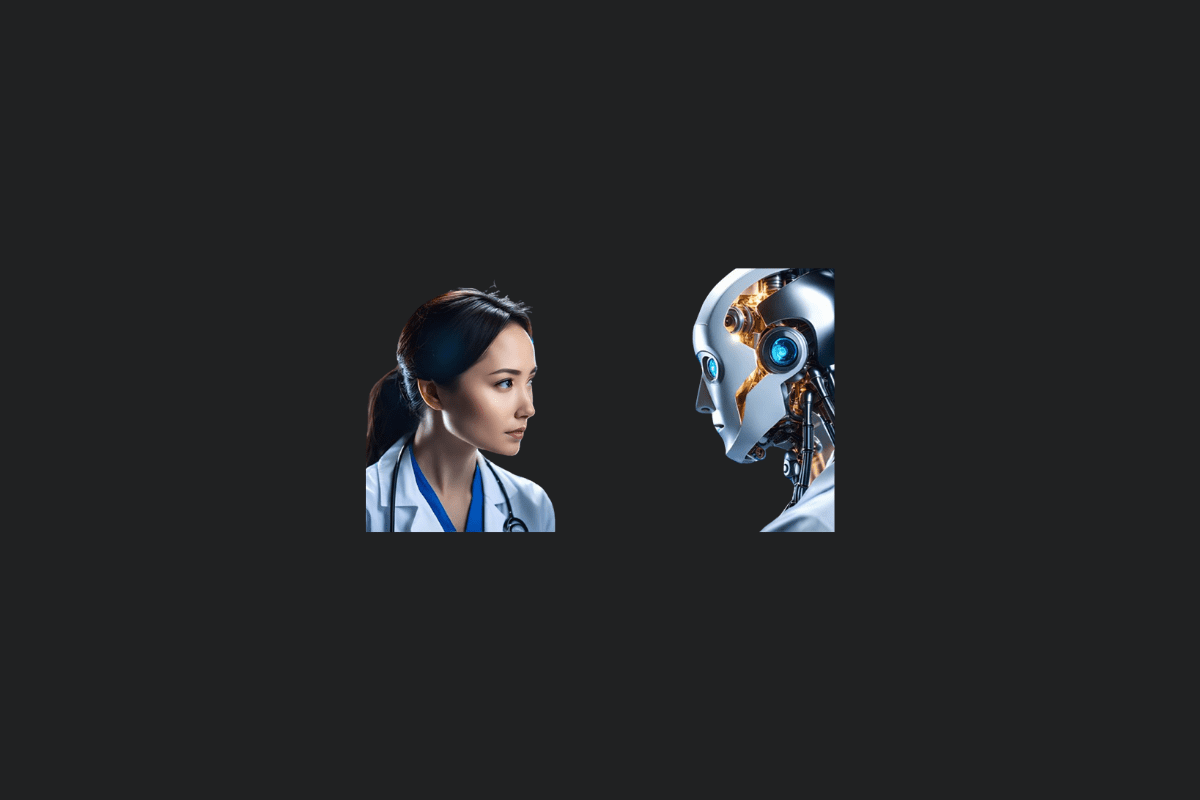Artificial intelligence technologies, which continue to astonish us with their evolving capabilities, are increasingly acquiring the potential to replace human roles in various fields, with medicine being a notable example. There have been instances before where AI has outshined doctors, and now, there’s a new development in this area.
Google has released a study on a chatbot they developed, which is based on a large language model (LLM). According to the study, this chatbot demonstrated superior performance compared to doctors in the context of medical conversations.
This advancement indicates significant progress in the AI domain, particularly in its application to healthcare and patient interactions.
He diagnosed diseases better than doctors, empathized better
The model, named Articulate Medical Intelligence Explorer (AMIE), has demonstrated greater proficiency than doctors in engaging with patients and identifying potential diagnoses from their medical histories. This study, which is yet to undergo peer review, was published as a preprint on arXiv on January 11.
Google’s researchers have noted that the model shows particular adeptness in diagnosing respiratory and cardiovascular diseases. Furthermore, they observed that AMIE was able to gather an amount of information comparable to real doctors during interviews, and even showed superior empathy.
However, it’s important to point out that AMIE has not been tested on actual patients yet. The study involved only actors simulating patients. The researchers described the model as “experimental” and cautioned that it’s too early for definitive conclusions. In the study, 20 actors portrayed 149 different clinical scenarios.
The interviews were text-based rather than face-to-face. During these interactions, the actors were unaware whether they were conversing with real doctors or the chatbot. A panel of experts evaluated the performances of both AMIE and the doctors.
The assessment, which included criteria like politeness, explanation of conditions and treatments, perceived honesty, and diagnostic accuracy, found that the chatbot outperformed the doctors in 24 out of 26 criteria.
Although AMIE gives better results than doctors, it will not replace them
These results, while promising, do not imply that artificial intelligence is set to replace doctors. Google researcher Alan Karthikesalingam emphasized this by stating, “This in no way means that a language model is better at medical interviews than doctors.
” Similarly, Adam Rodman, a physician at Harvard, acknowledged the potential usefulness of such a tool but stressed that it cannot replace doctors, noting, “Medicine is more than just gathering information. It’s all about human relationships.”
An important consideration in this research is the unfamiliarity of attending physicians with conducting text-based interviews. This factor might have impacted their performance, potentially giving the AI an advantage.
Nevertheless, the study does illustrate AI’s capability to perform tasks similarly to a doctor, especially in empathizing and diagnosing based on a patient’s history.
The next phase of this research involves assessing potential biases and conducting more comprehensive studies to verify that the system yields consistent results across different populations.
